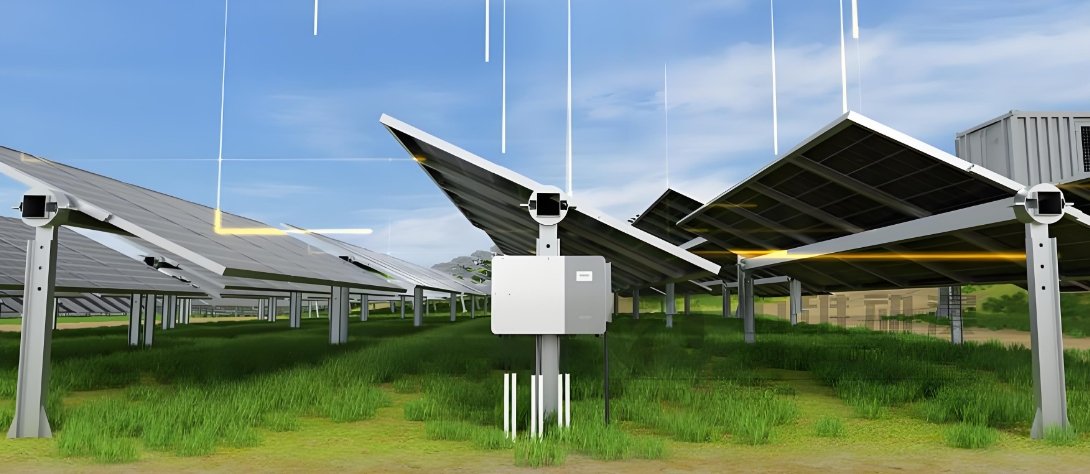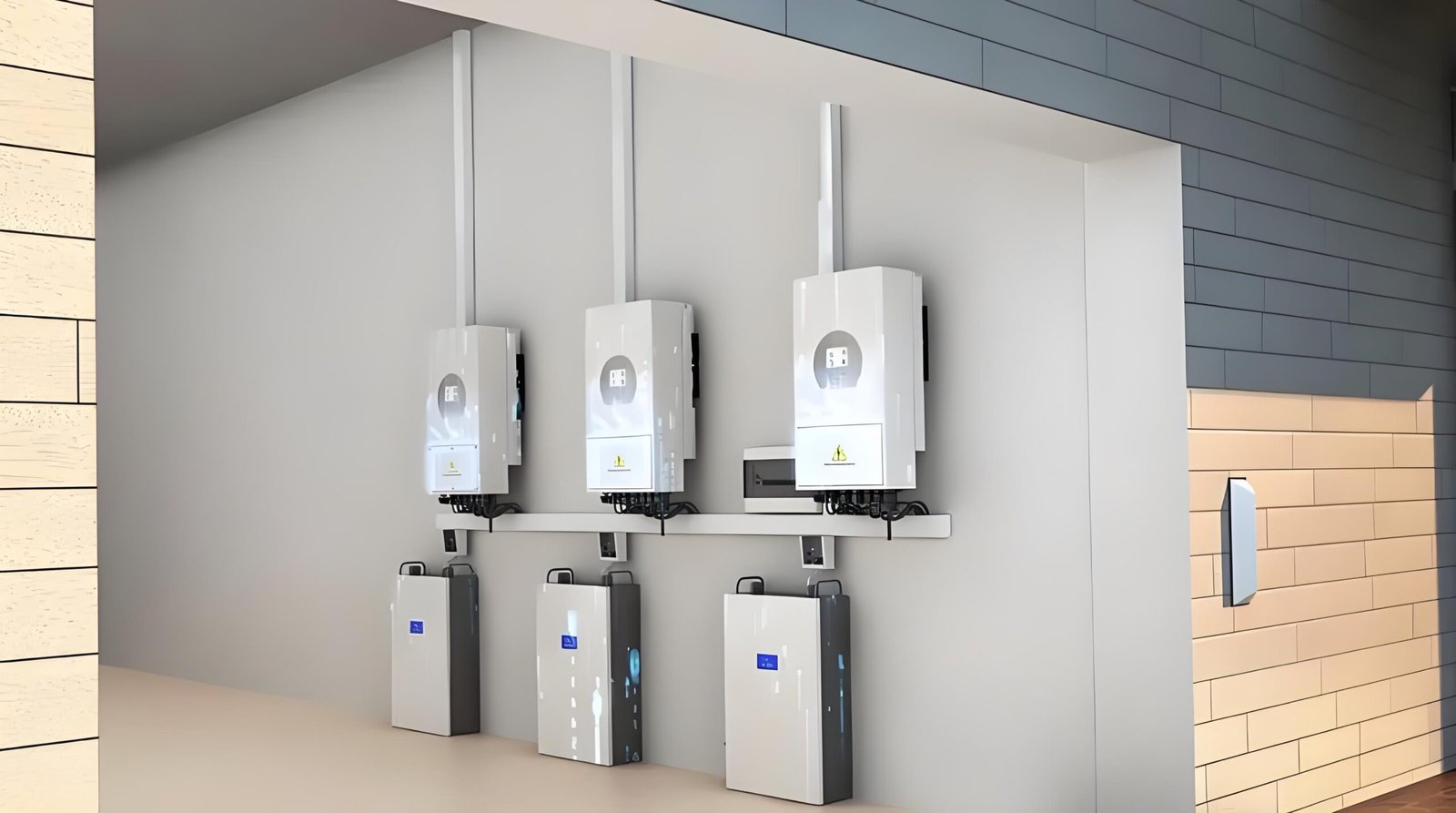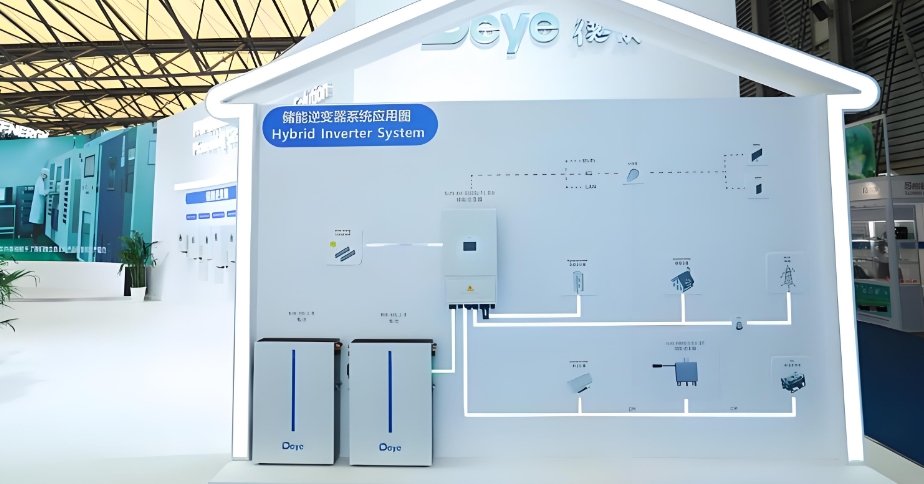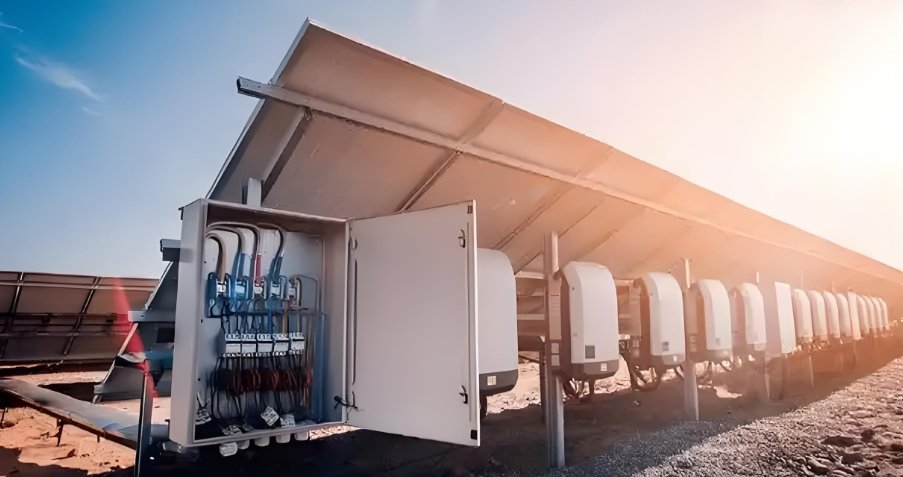When setting up a power system, understanding the relationship between inverters and batteries is crucial. Inverters and batteries work together to store and convert energy for use in homes or businesses. This article explores how they interact and what you need to know when pairing them together.
Inverters and batteries work together to convert and store energy efficiently. Learn how they function together and what factors affect their performance.
Curious about how an inverter and battery work together? Read on to understand their roles and how they affect the performance of your power system.
What Does an Inverter Do for a Battery?
An inverter plays a crucial role in transforming DC (direct current) energy from a battery into AC (alternating current) energy, which is usable by most household and business appliances.
The inverter converts the stored energy from the battery into a usable form, enabling appliances and devices to run off the stored energy.
1. DC to AC Conversion
DC to AC conversion1 is the core function of an inverter. Batteries typically store energy in the form of DC electricity. However, most appliances require AC electricity to function. An inverter's job is to convert the DC power stored in the battery into AC power for use in your home or business. Without an inverter, the stored DC energy would be unusable for most electrical devices.
2. Power Control
Power control2 is another critical role of inverters. They manage how power is distributed from the battery to the connected load (i.e., the devices that use electricity). This includes ensuring that power is supplied in a safe and controlled manner, preventing damage to the battery or connected appliances.
3. Voltage Adjustment
Voltage adjustment3 is essential to ensure the battery's output matches the requirements of connected devices. Some inverters allow for different voltage settings based on the application, ensuring that the correct amount of energy is supplied to the system safely and efficiently.
| Function | Description |
|---|---|
| DC to AC Conversion | Converts battery's DC energy to usable AC power |
| Power Control | Regulates energy flow to appliances and devices |
| Voltage Adjustment | Ensures the right voltage for connected devices |
What Is the Relationship Between Inverter and Battery?
The inverter and battery work hand-in-hand to provide power in off-grid or solar energy systems. The battery stores the energy produced by solar panels or another charging source, while the inverter converts and manages that energy.
The relationship between the inverter and battery is symbiotic: the inverter uses the stored energy in the battery to power devices, while the battery provides the energy needed for the inverter to convert.
1. Energy Storage and Conversion
- Battery: The battery stores the energy generated by solar panels, a generator, or from the grid.
- Inverter: The inverter converts the stored energy in the battery into usable AC power to run household appliances.
2. Energy Flow
When the battery is charged (either through solar panels or from the grid), it stores energy for later use. When there is a demand for power, the inverter takes energy from the battery and converts it into a usable form, ensuring there is no disruption in power supply.
3. Efficiency and Coordination
For optimal performance, both the inverter and battery need to be appropriately sized and compatible. If the inverter is too large for the battery’s capacity, it could drain the battery too quickly. Conversely, if the battery is too small, it may not store enough energy for the inverter to supply sufficient power to the system.
| Component | Function |
|---|---|
| Battery | Stores energy for later use |
| Inverter | Converts stored energy into usable AC power |
| Coordination | Proper sizing ensures optimal energy flow and system efficiency |
How Long Will a Battery Last with an Inverter?
The lifespan of a battery when connected to an inverter depends on multiple factors, including the battery’s capacity, the load on the inverter, and how often the battery is charged and discharged.
Typically, batteries in solar or off-grid systems last between 5 to 15 years, but usage patterns and maintenance can affect this.
1. Battery Capacity and Usage
Battery capacity and usage4 significantly influence battery lifespan. If you are using the battery regularly, the lifespan will depend on how much energy the inverter is drawing from the battery. A larger battery will last longer under the same load compared to a smaller battery. Frequent deep discharges (draining the battery completely) will reduce the lifespan of the battery, while shallow discharges (keeping the battery level above 20%) can help prolong its life.
2. Battery Type
Different types of batteries have different lifespans. For example:
- LiFePO4 batteries5: These are known for having a longer lifespan, often around 10-15 years or more, due to their higher cycle life.
- Lead-acid batteries: Typically last 3-5 years, but they require more maintenance and are less efficient.
3. Maintenance
Proper maintenance, such as keeping the battery clean, monitoring charge cycles, and ensuring proper ventilation, can extend its lifespan.
| Factor | Impact on Lifespan |
|---|---|
| Battery Capacity | Larger batteries generally last longer |
| Battery Type | LiFePO4 batteries last longer than lead-acid |
| Usage and Maintenance | Proper care can significantly extend lifespan |
Example:How Long Will a 12 Volt Battery Last with a 1000 Watt Inverter?
The runtime of a 12-volt battery with a 1000-watt inverter depends on the battery’s capacity, which is typically measured in amp-hours (Ah). The power draw of the inverter, as well as the efficiency of the system, will also affect how long the battery lasts.
To estimate the battery life, we need to calculate how long the battery can supply power to the inverter.
1. Formula for Estimating Battery Life
The formula for calculating battery life with a given load is:
[
\text{Battery Life (hours)} = \frac{\text{Battery Capacity (Ah)} \times 12V}{\text{Inverter Power (W)}}
]
For example, let’s assume you have a 12V, 100Ah battery and a 1000W inverter.
[
\text{Battery Life} = \frac{100 \times 12}{1000} = 1.2 \text{ hours}
]
2. Considering Efficiency
Since inverters are not 100% efficient, you need to account for the inverter’s efficiency. Typically, inverters operate at around 80-90% efficiency, so you might have to adjust the calculation slightly.
For example, with an 85% efficient inverter:
[
\text{Adjusted Battery Life} = \text{Battery Life} \times 0.85 = 1.2 \times 0.85 \approx 1.02 \text{ hours}
]
Thus, a 12V, 100Ah battery with a 1000W inverter will last about 1 hour of continuous use, assuming average efficiency.
| Example | Description |
|---|---|
| 12V 100Ah Battery | Capacity of 100Ah, providing 1200W of energy |
| 1000W Inverter | Consumes 1000 watts per hour |
| Estimated Battery Life | 1.2 hours (adjusted for efficiency) |
Conclusion
The inverter and battery work together to store and convert energy efficiently. The lifespan of the battery depends on several factors, including the type of battery, usage, and maintenance, while the inverter ensures that the stored energy is converted into usable power. By understanding how they interact and maintaining both components properly, you can maximize the efficiency and lifespan of your energy system.
Footnote:
-
This link explains the process of DC to AC conversion and its importance for making stored battery energy usable for appliances. ↩
-
This link explains how power control ensures safe and efficient energy distribution from the battery to connected devices. ↩
-
This link explains how voltage adjustment in inverters ensures the correct voltage for connected devices and system safety. ↩
-
This link explains how battery capacity and usage impact the lifespan of batteries connected to inverters in solar systems. ↩
-
This link explains the features of LiFePO4 batteries, highlighting their long lifespan and high cycle durability compared to other types. ↩








